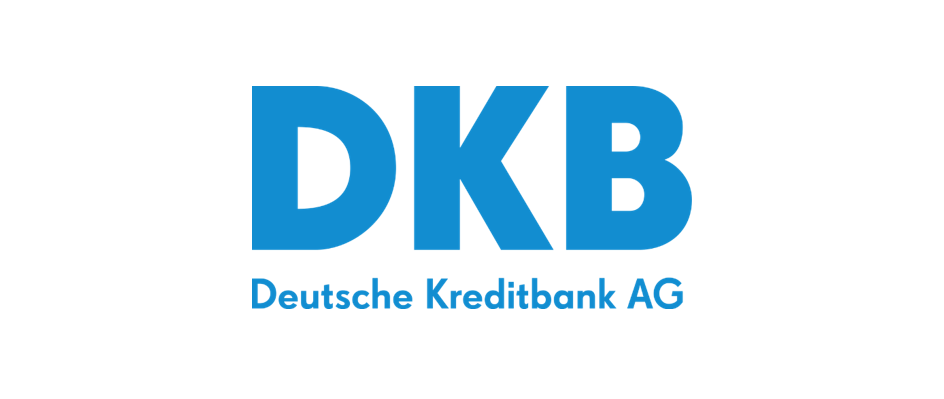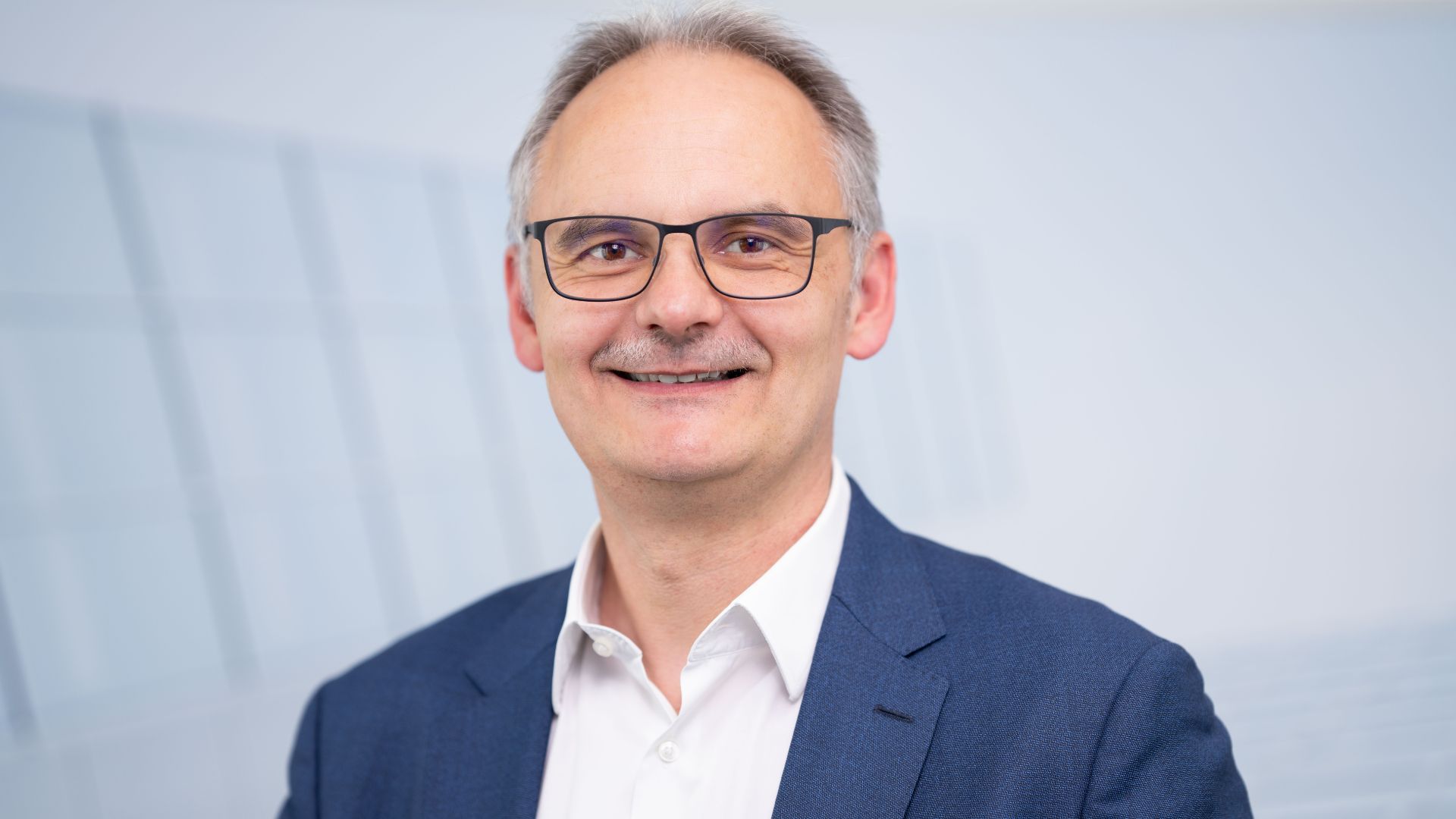Without the right sponsors, it would all be nothing. And even if in year two of the pandemic the Payment Exchange had to take place differently than we had hoped, we thank our loyal sponsors who believe in us and remain faithful to us.
On the occasion of the PEX theme week from 27.9. until 1.10.2021 we will introduce you to all the wonderful sponsors and companies one by one. We have prepared five questions in which our sponsors look back on the past 1.5 years, depict the transformation process in the company and, above all, dare to look to the future.
We would like to thank DKB, one of the leading direct banks in Germany, for their support.
We already have 1.5 years of the pandemic behind us – what effect have you noticed in your company due to the situation?
The Corona Pandemic remains one of the greatest historical challenges facing our global society today.
As a company in the financial sector, we have noticed above all that we were right to focus on flexible working time models (FlexWork) and associated technologies even before the start of the Corona pandemic. Therefore, the switch to remote/home office at the beginning of the Corona pandemic was not completely new for our colleagues and could be implemented quite quickly. We were thus able to bundle capacities and competencies digitally in-house at an early stage in order to make our business operations efficient outside the office as well.
Most of the colleagues still work in the HO and are technically well equipped. With the DKB Campus, which will be completed in 2025 in Europacity Berlin, we will focus even more on the topic of Working 4.0 and create a very modern infrastructure for working in the future on our way to becoming a technology company.
On the economic side, DKB, as an online bank based on automated business processes, has been able to make an important contribution to the rapid support of the economy and here explicitly of the customers concerned. It was very important to us to accompany our customers – especially in the tourism business – very closely and in a spirit of partnership through the crisis. We have set up information pages with important FAQs for all our customers, and our customer advisors work very intensively on enquiries and are in constant dialogue with customers. An important effect here is that the digitization of markets and associated value chains in challenging times make it possible to respond much more quickly and agilely to market developments – this must be focused on further.

Especially digital financial products as well as online banking and digital payment have experienced a very strong push in 2020. In the case of our digital broker alone, we recorded very strong customer growth and an increased willingness to use digital products for asset accumulation and to focus on the securities business in a low-interest phase. Digital asset management will follow shortly.
Overall, however, in addition to many negative consequences for the economy and society, the Corona pandemic has also broken down rigid structures and processes and shown that business models can also be quickly called into question due to exogenous factors. It is therefore important to strengthen the resilience of markets and to promote innovation much more.
What were the biggest challenges during this time?
For many employees, the greatest challenges were in their private lives.
With the closure of day-care centres and schools, there was a great double burden between private and professional obligations. Then the employer is asked to absorb this burden as best as possible and to show understanding for this situation. In this respect, DKB has focused on making the working day even more flexible and has offered networking and dialogue formats – including health courses in the context of company health management. The protection of our employees has always been our top priority. This must also be reflected in the corporate and management culture.
Economically, we have come through the pandemic well so far thanks to a very resilient market mix. The challenge was therefore primarily with customers who need fast support and clear, efficient processes. We have implemented that.
What development has been accelerated in the company – and that is a good thing?
DKB is pursuing a growth strategy in Germany with an additional investment of EUR 400 million. Corona has shown that it is right to invest even more in digitalization. This has given another strategic push to many projects in automation to cloud banking & AI. The demand of customers for smart and uncomplicated banking will continue to be high in the future and will also increase for banks due to the presence and customer experience of the BigTechs. We have hired over 600 new IT and digital experts in the last two years alone. Corona has held up a mirror to business and society. Now it is up to all of us to see this as an opportunity and what we make of it.
How has your company changed permanently – perhaps also due to Corona?
Of course, the willingness of employees to work in the HO has once again increased significantly and the utilisation of office space has fallen – as it has in many companies. This shows that with the future DKB campus we will be much better able to meet this need for flexibility and that the investment in a central corporate headquarters also makes sense.
At the same time, we also notice that the topic of leadership is becoming even more digital, which means that roles in leadership are also changing. Digital leadership is becoming more and more important and we firmly believe that in the future we will have leadership models that can respond to flexible/agile team structures and location-independent working even better than today. We place great emphasis on this in our in-house training academy.
What do you see as the biggest challenge in the coming months?
Probably the biggest challenge will be to overcome the Corona pandemic holistically.
Even though we are already seeing a recovery in the economy, some markets are still cautious and many sectors are still not performing at pre-crisis levels. So the engine is still sputtering a bit. On the political, economic and social sides, it is now important to take the lessons learned from the pandemic so far seriously and to draw the right conclusions from them. We at DKB have very ambitious goals and are naturally counting on a healthy and, above all, resilient economic environment and consumers who perceive a positive economic environment. It is therefore essential that we create the right framework conditions for this in order to be able to react much stronger to rapid market changes in the future.
Everyone has long felt a certain remote fatigue, yet many also value the home office. What are your plans for employee management in the post-Corona Z.eit
The post-pandemic working world of the future clearly points in one direction – hybrid working in the natural and equal combination of presence-oriented and virtual work and collaboration. The Flexwork model for working independently of location and time applies in principle to all DKB employees. No group of persons is excluded from this Flexwork General Works Agreement. In this way, we are not only paying attention to digital forms of work, but also to the compatibility of family and career as well as a balanced mix between presence and remote.
The target image is a hybrid, activity-based work model that synergistically combines the advantages of campus and mobile work and thus implements a sustainability-oriented design of work. Therefore, the aim at DKB is to further develop framework conditions for the best possible, productive and healthy hybrid (team) work and to do this in consistent continuation of the FlexWork initiative applied throughout the bank. In this context, it is also important to strengthen the responsibility in the local teams and their managers and to rethink classic hierarchy concepts.
Our long-standing scientific cooperation partner, the Fraunhofer IAO in Stuttgart, also confirms this: “The future of work will be hybrid, i.e. it will be done partly in the company and partly from home or elsewhere. That’s the best thing for people, the environment and the economy.”
However, the office will remain important in the hybrid working world of the future. In the future, it will focus more on being a meeting place for the important social exchange, for teamwork as well as for project and collaborative work. This requires a greater variety of work options in the design of offices.
Questions answered by: Sascha Dewald, Divisional Manager DKB Private Customers





